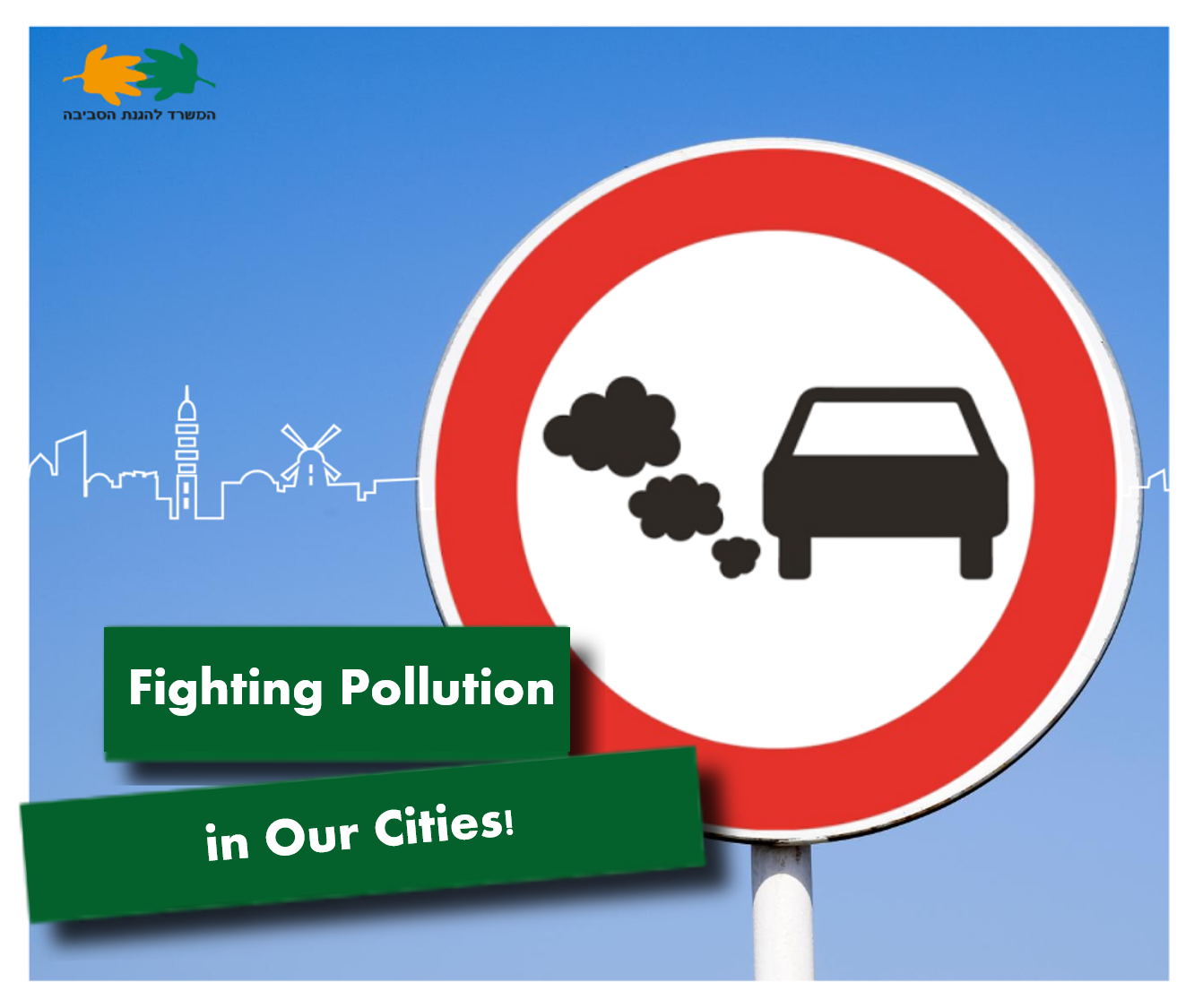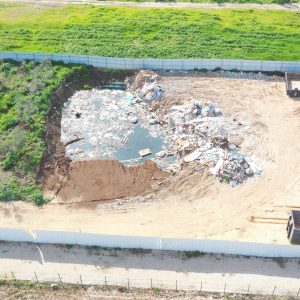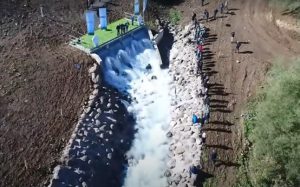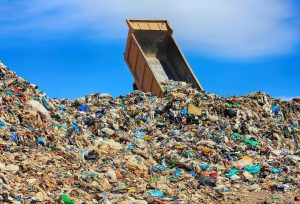Climate Action


Home » Climate Action » SDG 13 -Cleaning up Israel’s Cities
SDG 13 -Cleaning up Israel’s Cities
In a previous post we raised the question of whether Israel could successfully jump-start efforts to fight climate change while also combatting the COVID19 pandemic. A few months into its new government, the answer appears to be emerging.
Particularly against the backdrop of the new school year, two decisions made by the Environmental Protection Ministry to strengthen sustainable development goals education are worth mentioning: transferring NIS 10.7 million to the Ministry of Education to promote environmental and sustainability issues in the education system; and committing another NIS 7.5 million to local authorities for programs advancing sustainability education in schools and the community.
The goal of these new allocations, of course, is to create a younger generation dedicated to sustainability in the long term. However, Israel faces serious challenges in the present that require near-term decisions. Indeed, a recent OECD report points to issues such as the risk to decarbonization goals of a predominantly natural gas-based electricity system, as well as potential environmental hazards stemming from transport plans and accelerated housing construction.


In recognition of this urgency, as well as the importance of environmental justice, Israel’s Interior Minister recently made mandatory previously-voluntary Green Building Regulations designed to reduce the negative impact of the construction process on the environment. The standard was originally adopted by the Israeli Forum of Self-Government Cities (known as “Forum 15”).
At the city-specific level, a number of recent developments are worth noting. First, the head of the National Economic Council (a prime ministerial advisory body) recently told a committee of Israel’s parliament that Haifa-based oil refineries notorious for pollution in that city have no more than five years to shut down permanently (implementation is subject to Cabinet approval).
Also regarding Haifa: recently-issued data indicates that since the early-2018 creation of a low-emission zone (LEZ), its black carbon rate has decreased by 34% and nitrogen oxide concentrations have dropped by 19%.
Israel’s other major cities are also moving forward in the cleanup effort. Jerusalem just entered Phase 2 of its own LEZ initiative, becoming the country’s first city to create a zone that bans old, polluting vehicles from its entire municipal jurisdiction. Meanwhile, Tel Aviv also recently decided to transform the city into a LEZ.
As deaths and infections associated with COVID19 continue to rise, Israel might perhaps be expected to turn its gaze away from environmental protection efforts. The opposite is actually happening, to the benefit of its citizens and implementation of the UN’s SDGs.
Related articles


SDG 13 -Let’s Talk About Environmental Justice
Climate Action With all the importance of environmental protection (more on that later), a vital discussion on environmental justice is perhaps falling between the cracks.


SDG 13 – Social Impact in New Hands
Climate Action It’s been a couple of weeks since Israel’s new Government took office. That certainly isn’t enough time to gauge which way the SDG


SDG 13 – Climate Action & the Budget
Climate Action We cannot think of a better place to decipher the climate action intentions of Israel’s new Government than its current 2023-24 budget deliberations.


















